
A recent poll conducted by YouGov arrived at the conclusion that the sense of grievance among Europeans is so high that social unrest might become an unpleasant reality in the near future.
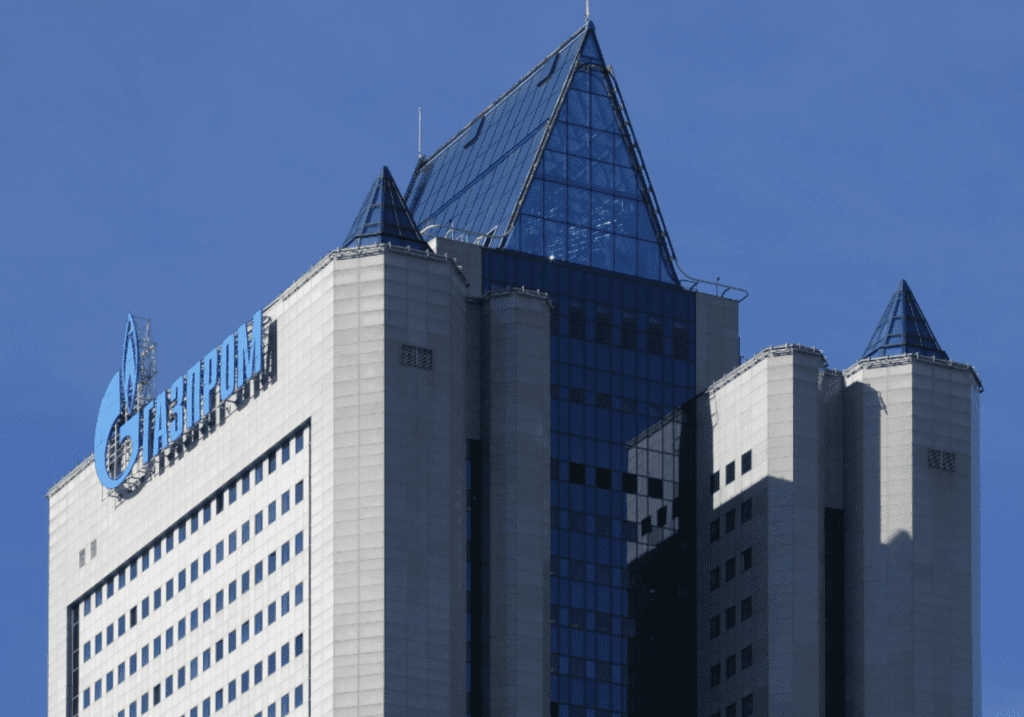
Gazprom’s purported technical issues mark the latest episode in what is fast becoming a long-running series of similar events—Gazprom has regularly invoked such issues as the reason for reducing gas flows into Germany and the rest of Europe.
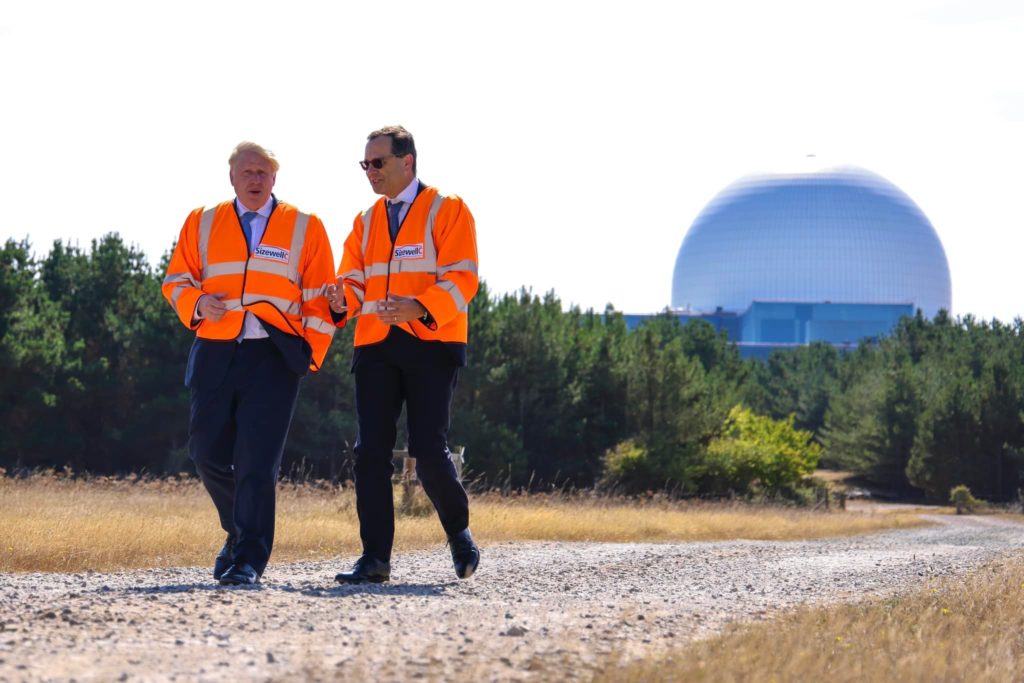
In his typical sloganeering fashion, Johnson called on the nation to “go nuclear and go large, go with Sizewell C.” He appeared confident that the deal will get “over the line” in the coming weeks, saying it would “be absolute madness not to.”

The current state of affairs at Zaporizhzhia greatly alarms the international community, which fears a repeat of the 1986 Chernobyl nuclear disaster.
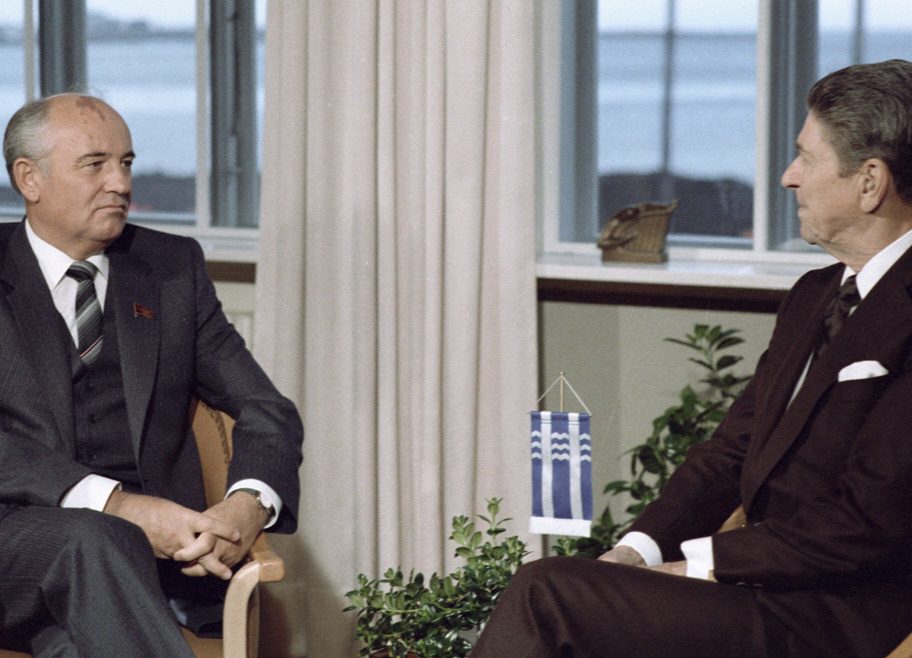
Gorbachev distinguished himself from former USSR leaders by his handling of pro-democracy protests in Eastern Europe. Instead of crushing these like previous Kremlin leaders had done—recall the tanks sent into Hungary in 1956 and then into Czechoslovakia in 1968—Gorbachev went a diplomatic route.
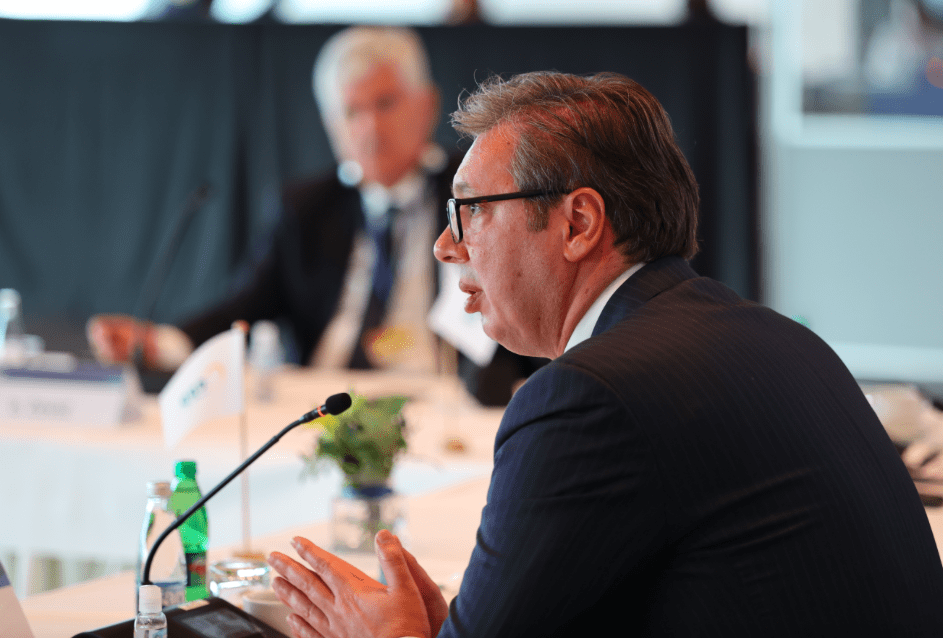
The Serbian leader appears caught in a juggling act. At home, he must retain the good graces of his conservative base; abroad he must maintain relations with China, Russia, and the ‘progressive’, staunchly anti-Russian, European Union.

Out of caution not to be seen as inflicting “racist stereotypes” upon consumers or purveying material rife with “cultural appropriation,” German publisher Ravensburger anticipates canceling Winnetou as part of its future offerings.

Francis’ coterie of cardinals is known to largely agree with his vision of a more ‘progressive’ and ‘inclusive’ Church.

The announcement comes only days before PM Boris Johnson’s successor is announced. Johnson has thus far undertaken little action in resolving the crisis, leaving this farrago for the next prime minister to untangle instead.
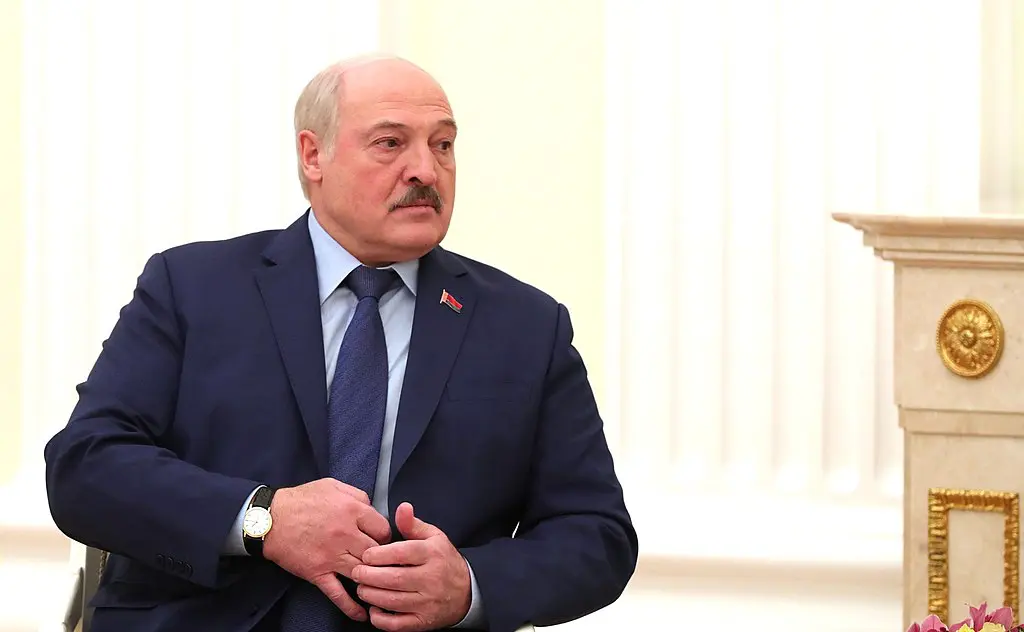
The Belarusian leader touted his country’s fighter jets, now retrofitted with nuclear weapons. While Belarus has no nuclear arsenal of its own, after a referendum held earlier this year, it receives nuclear weaponry from its Russian ally.

Since the Russo-Ukrainian war’s escalation, Germany has been frantically looking for alternatives, even going as far as to court Qatar. It hopes that Canadian hydrogen fuel could eventually power its cars, trucks, and ships.
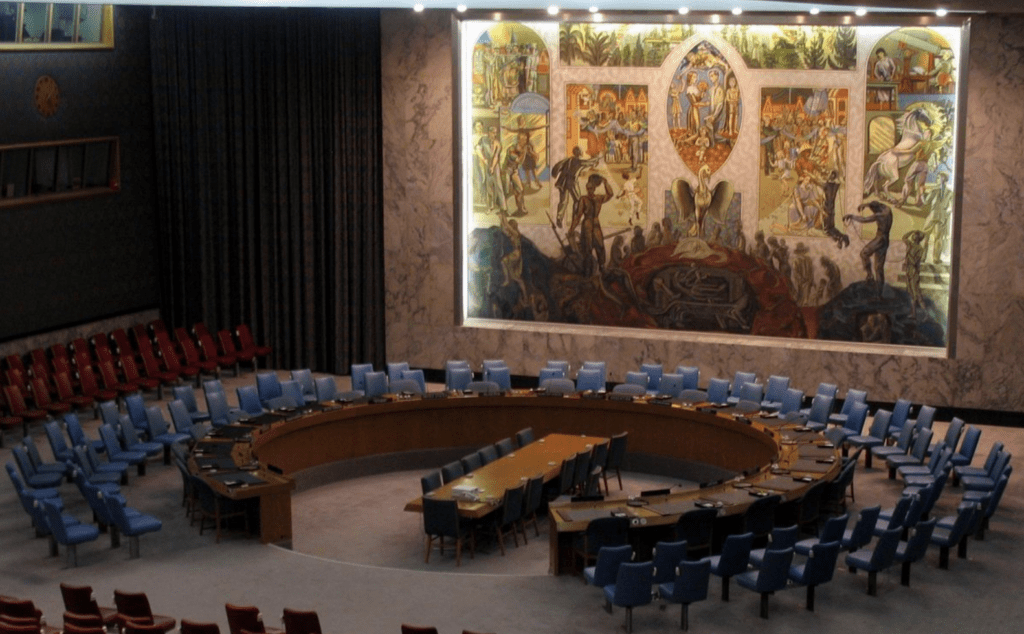
While initially in favor of allowing inspectors into the nuclear plant, withdrawal of its forces from the area Moscow finds to be anathema.